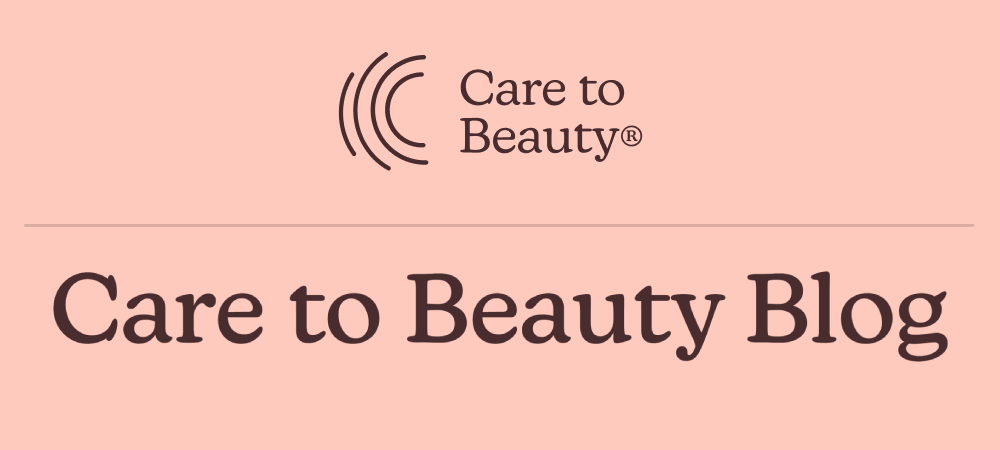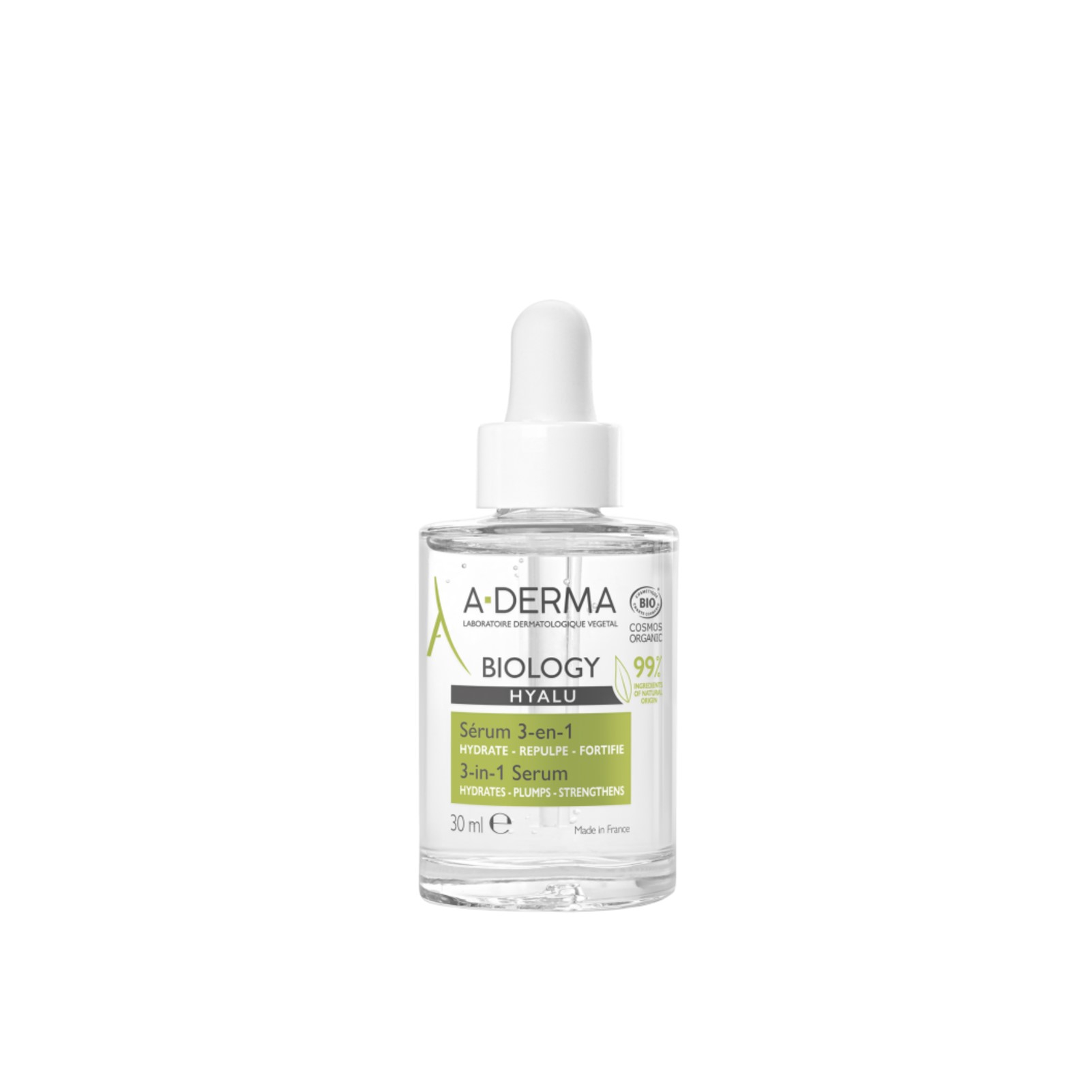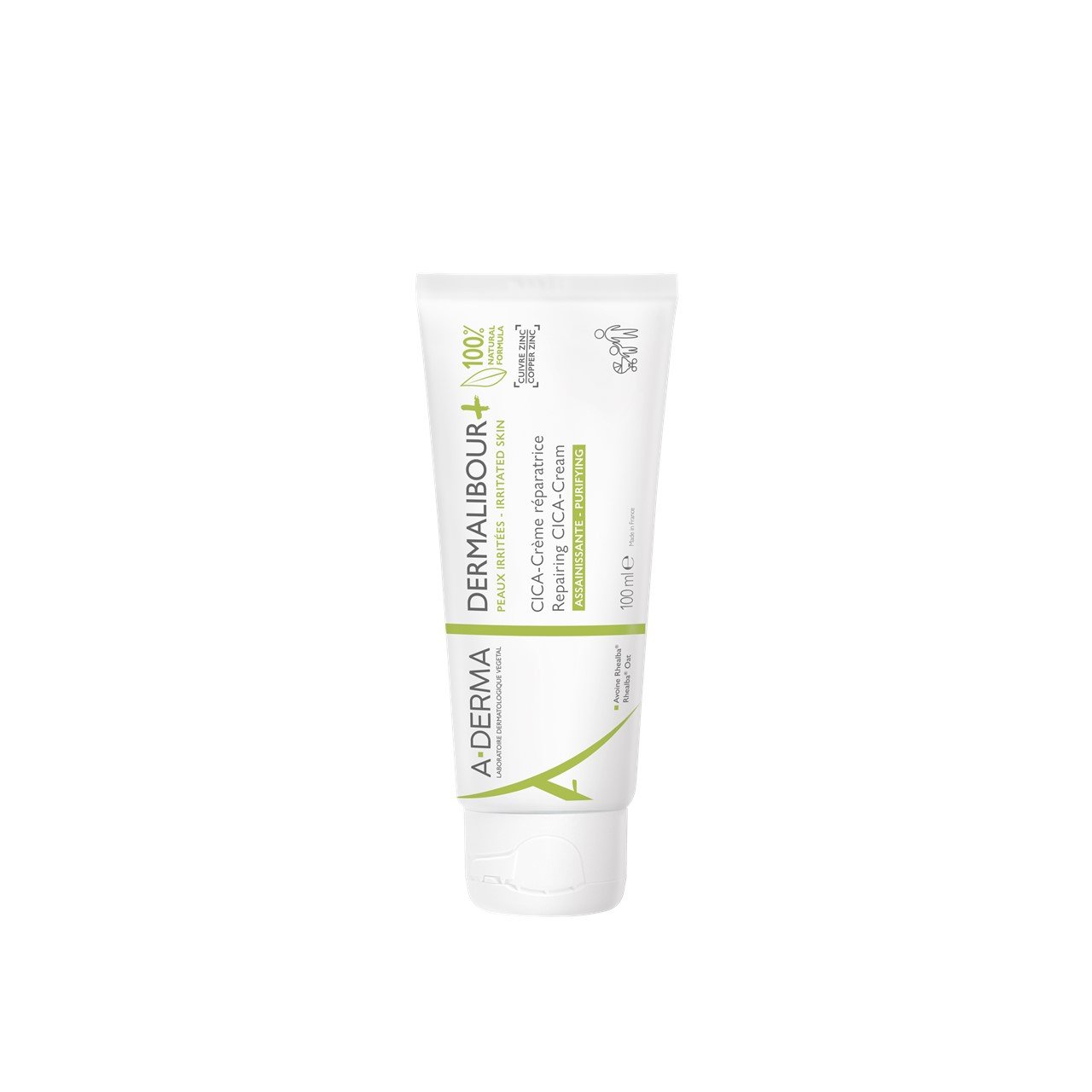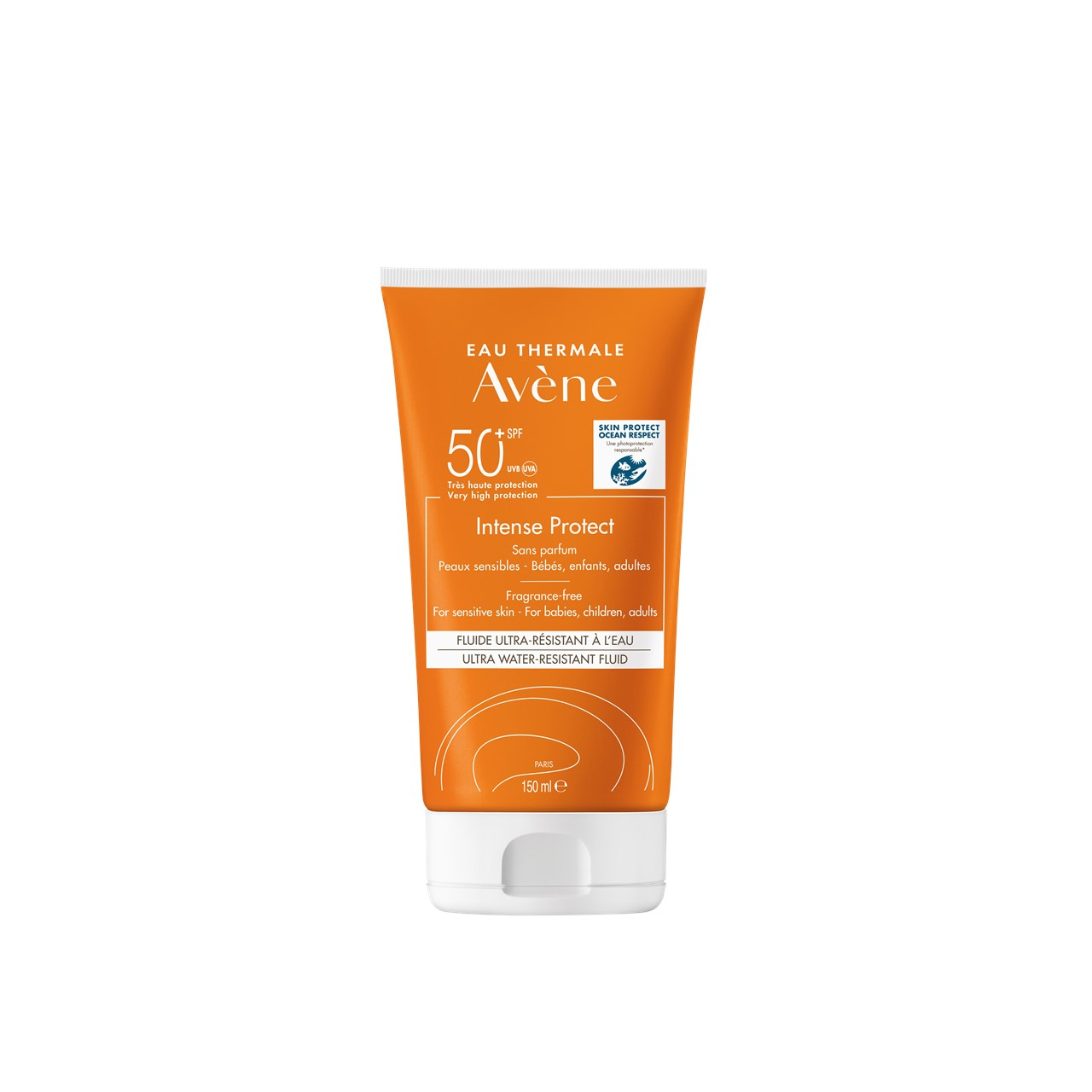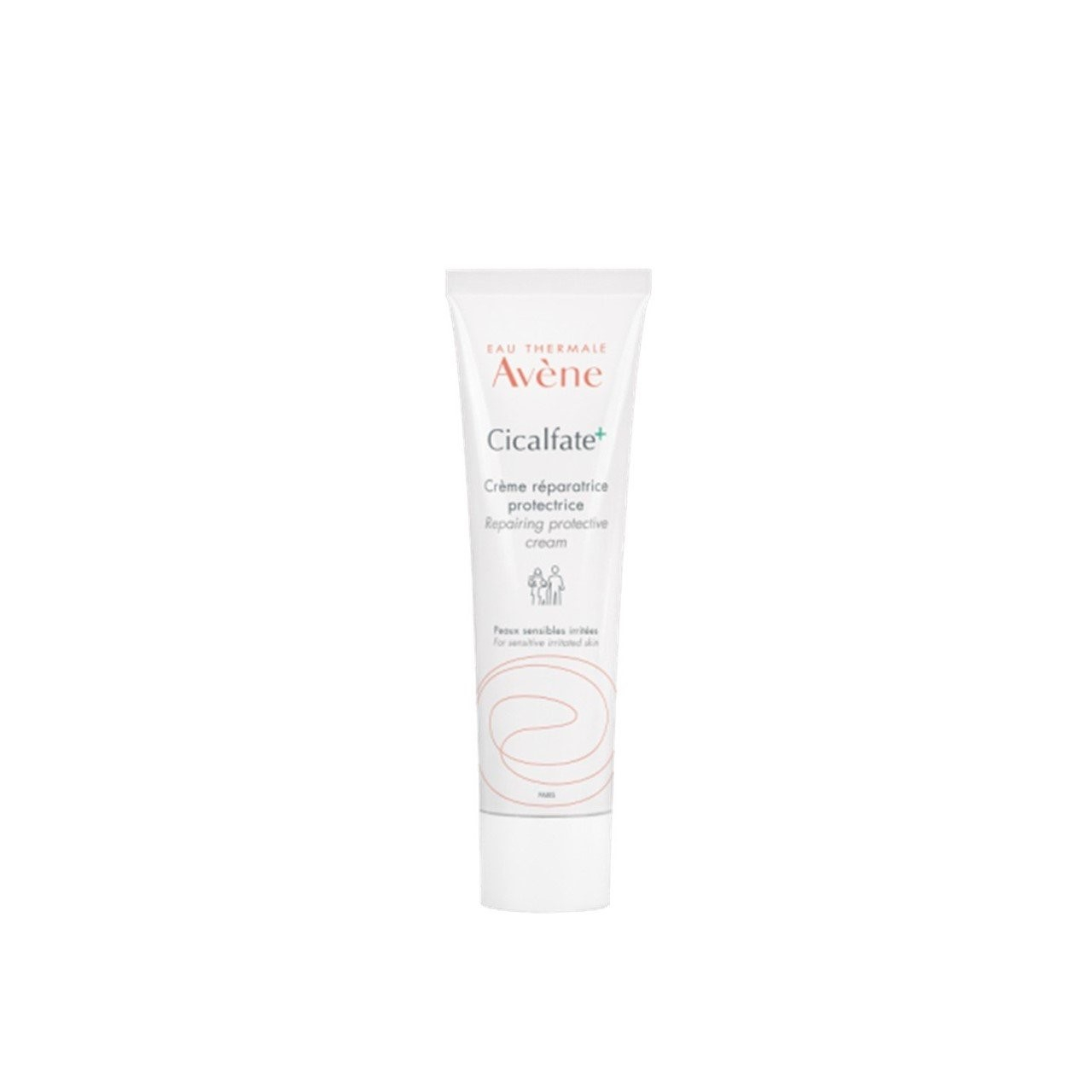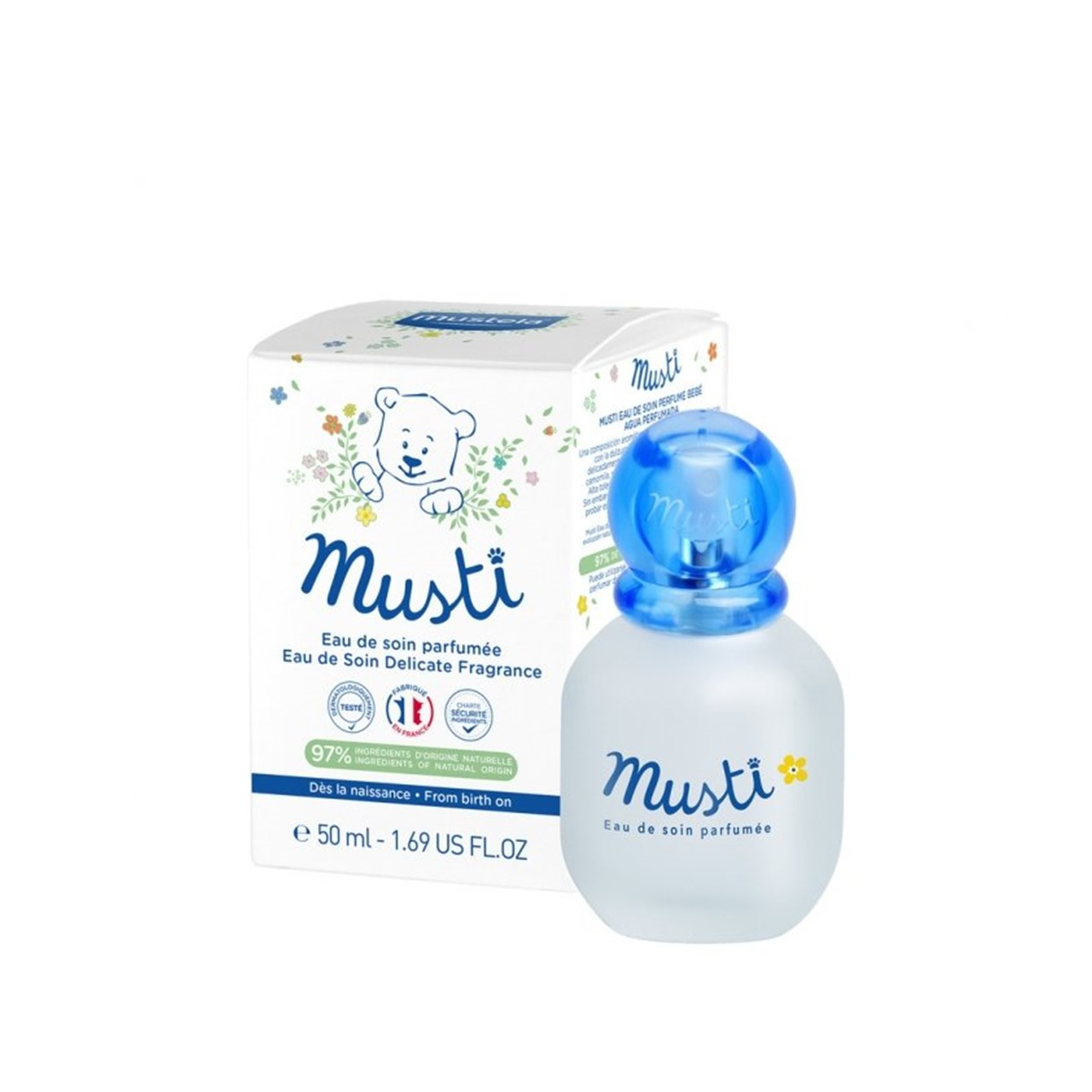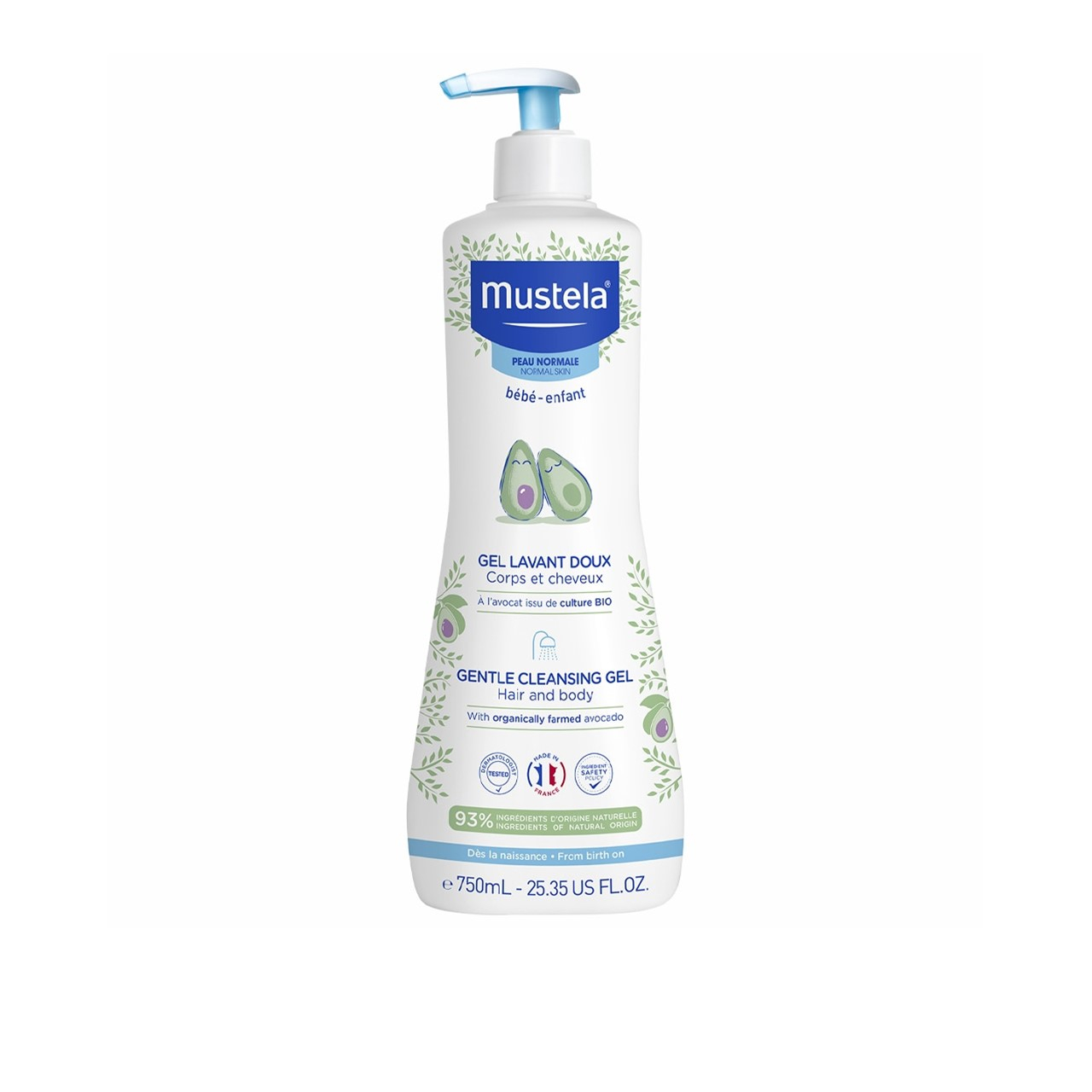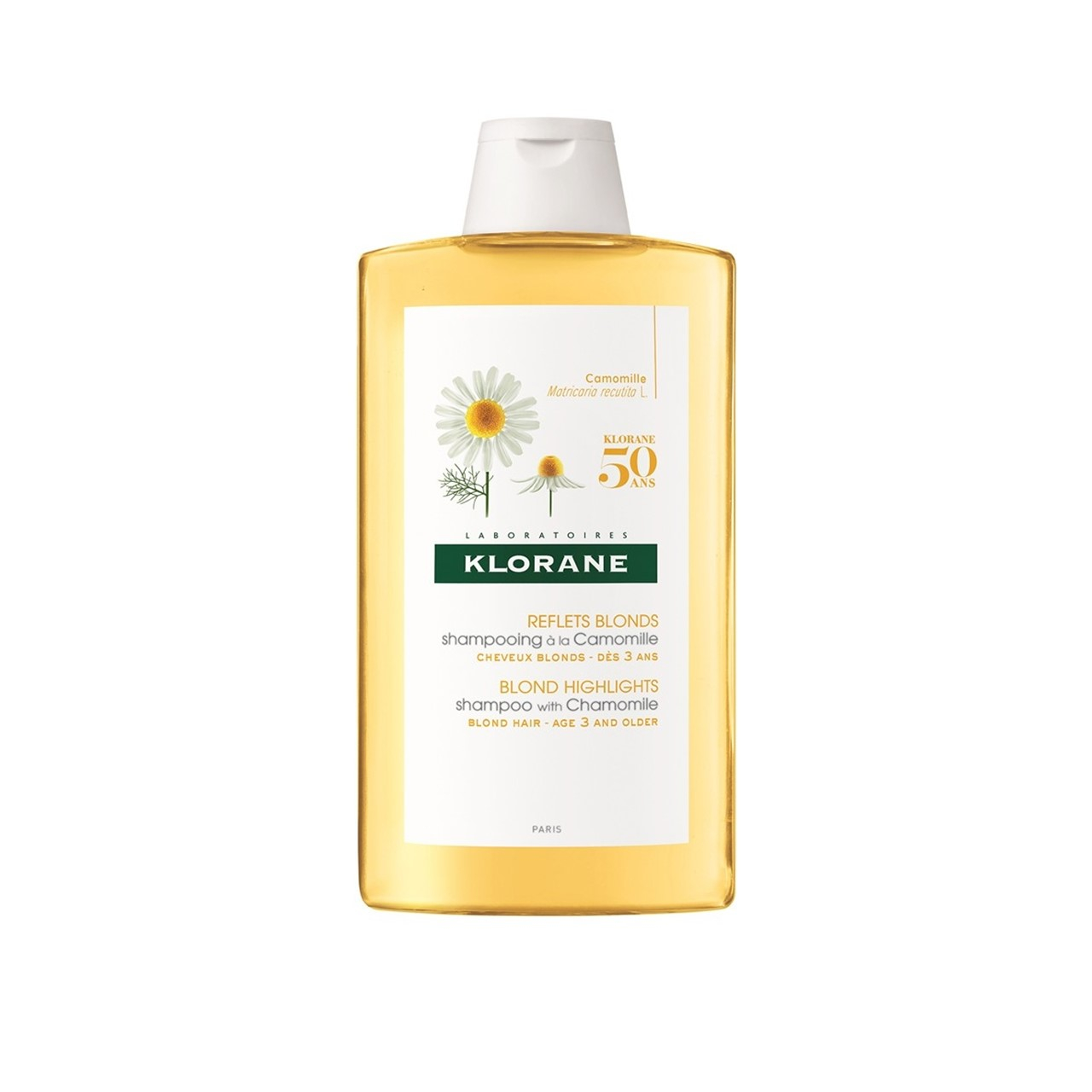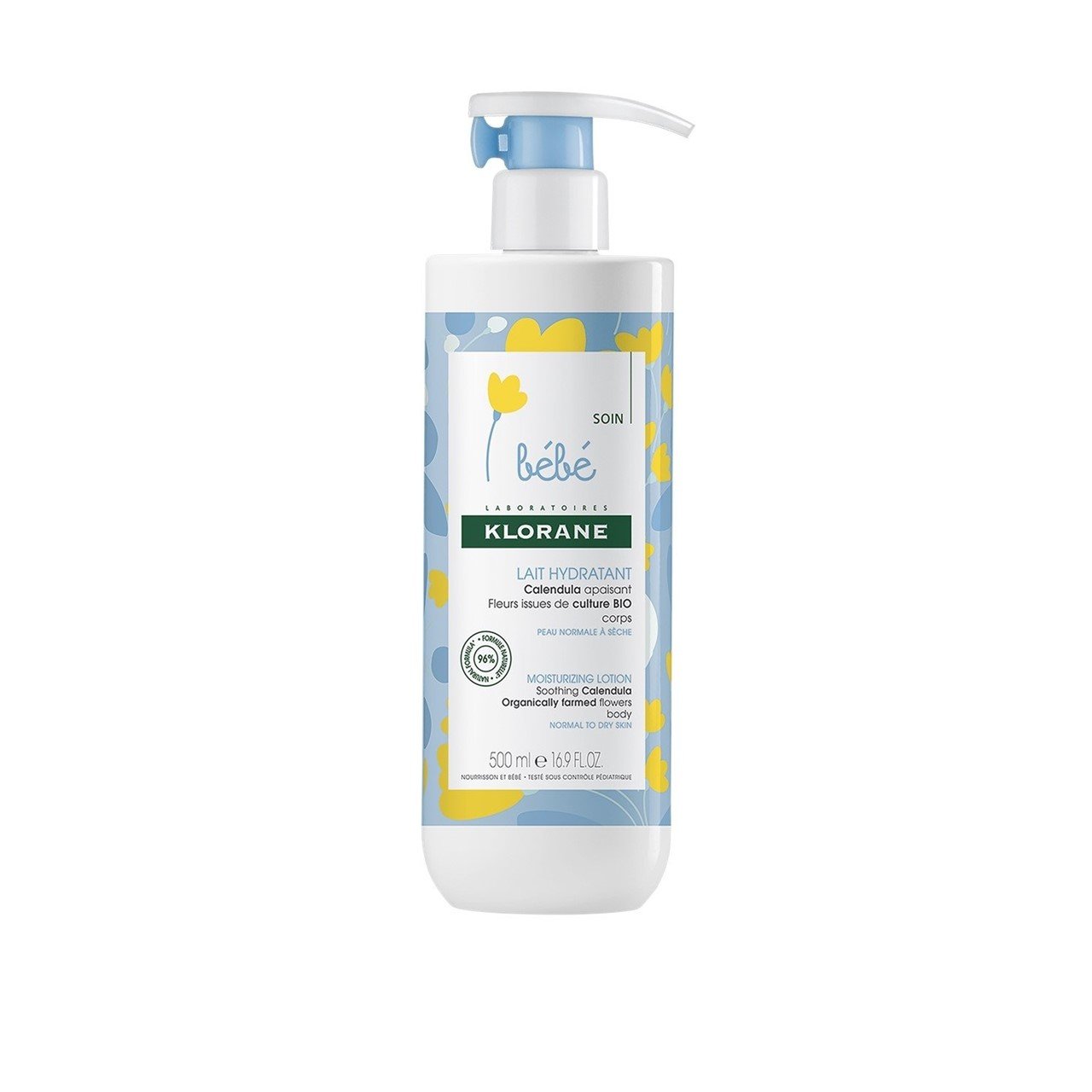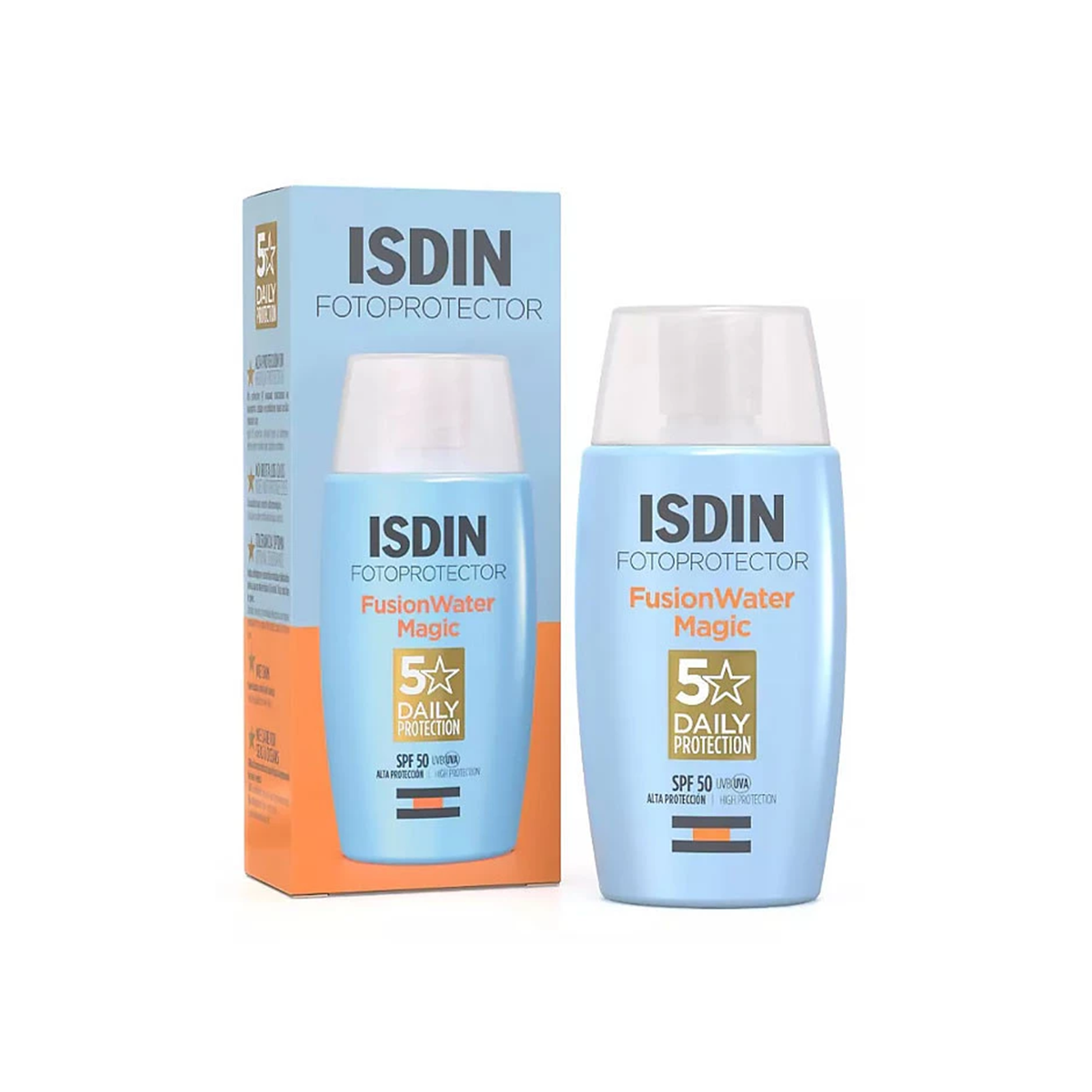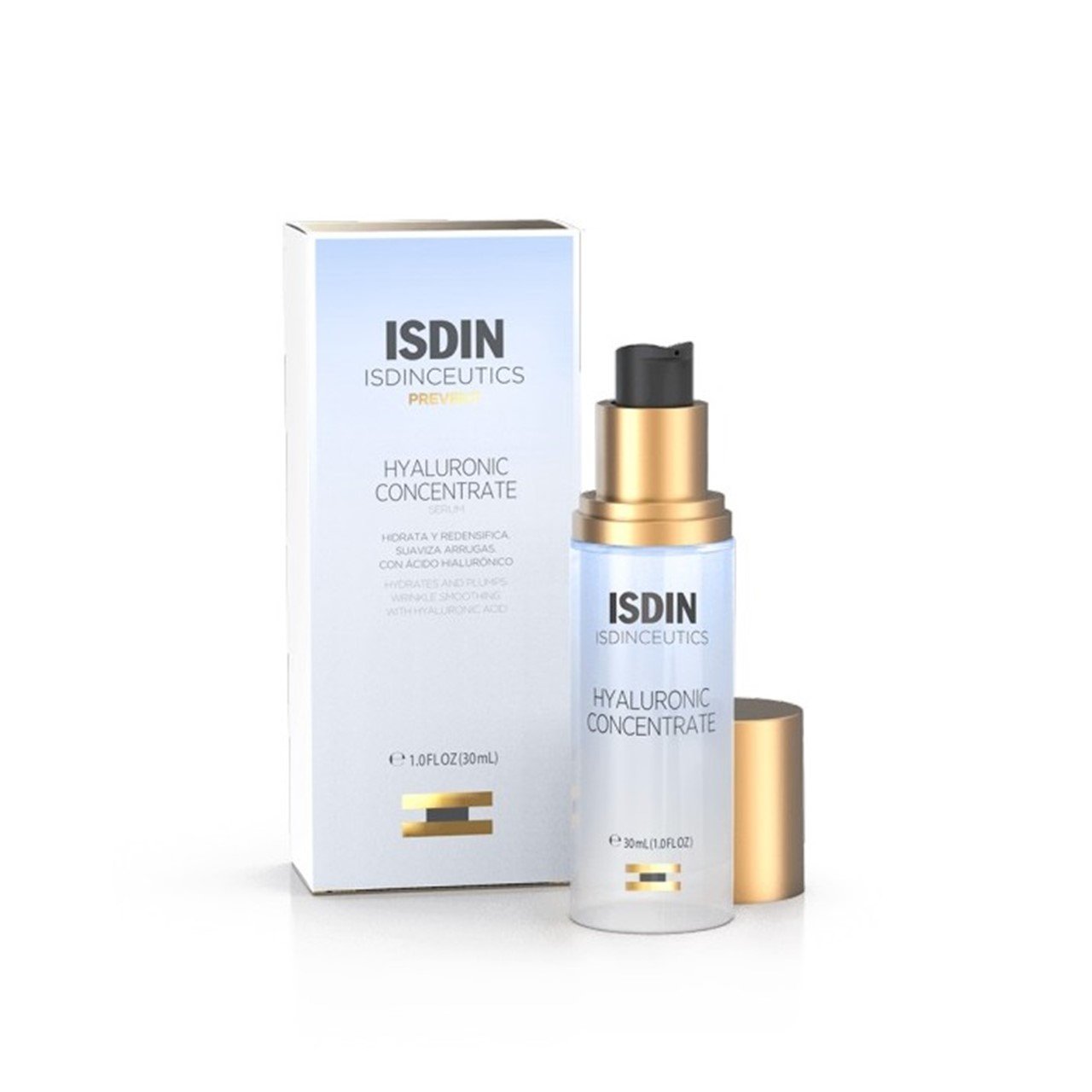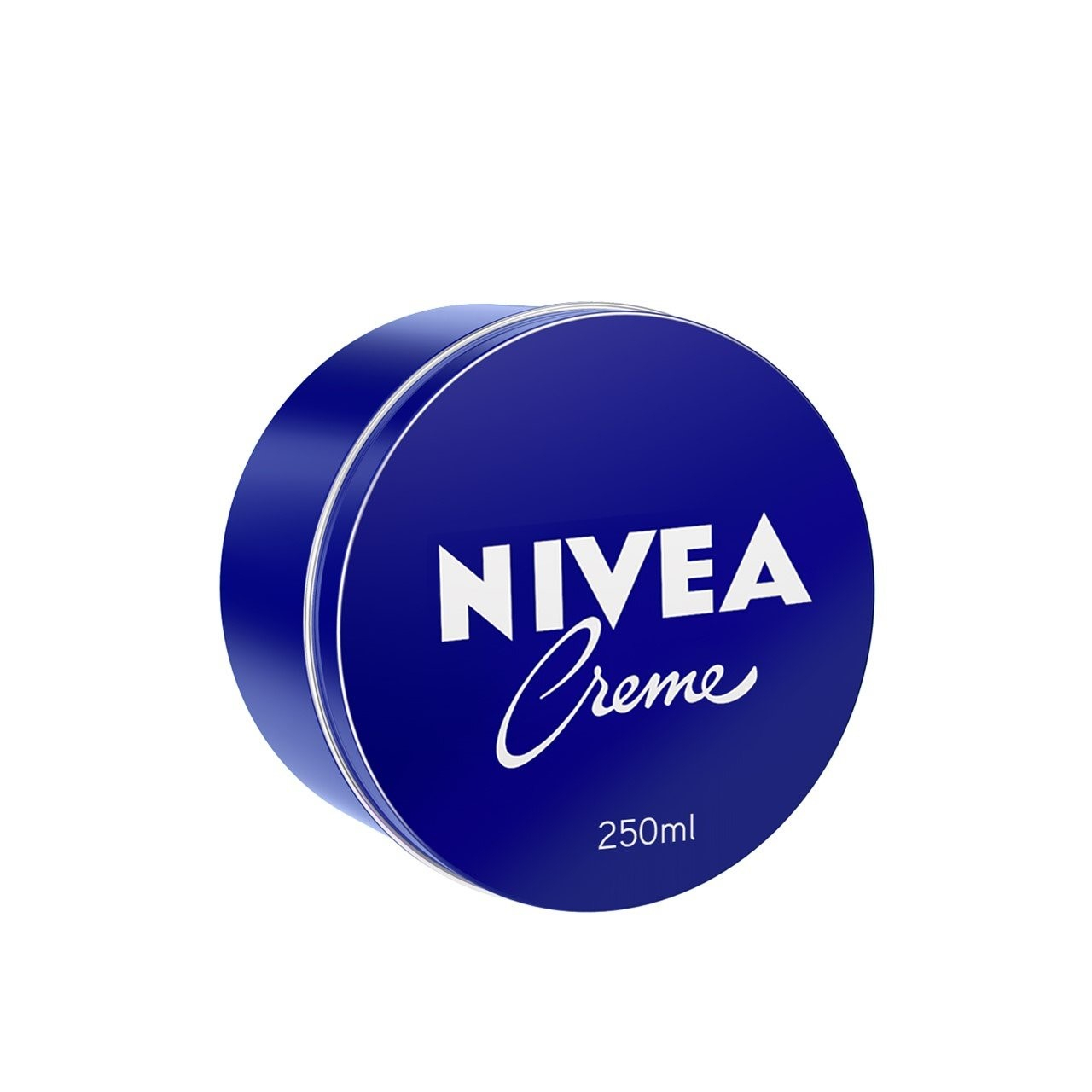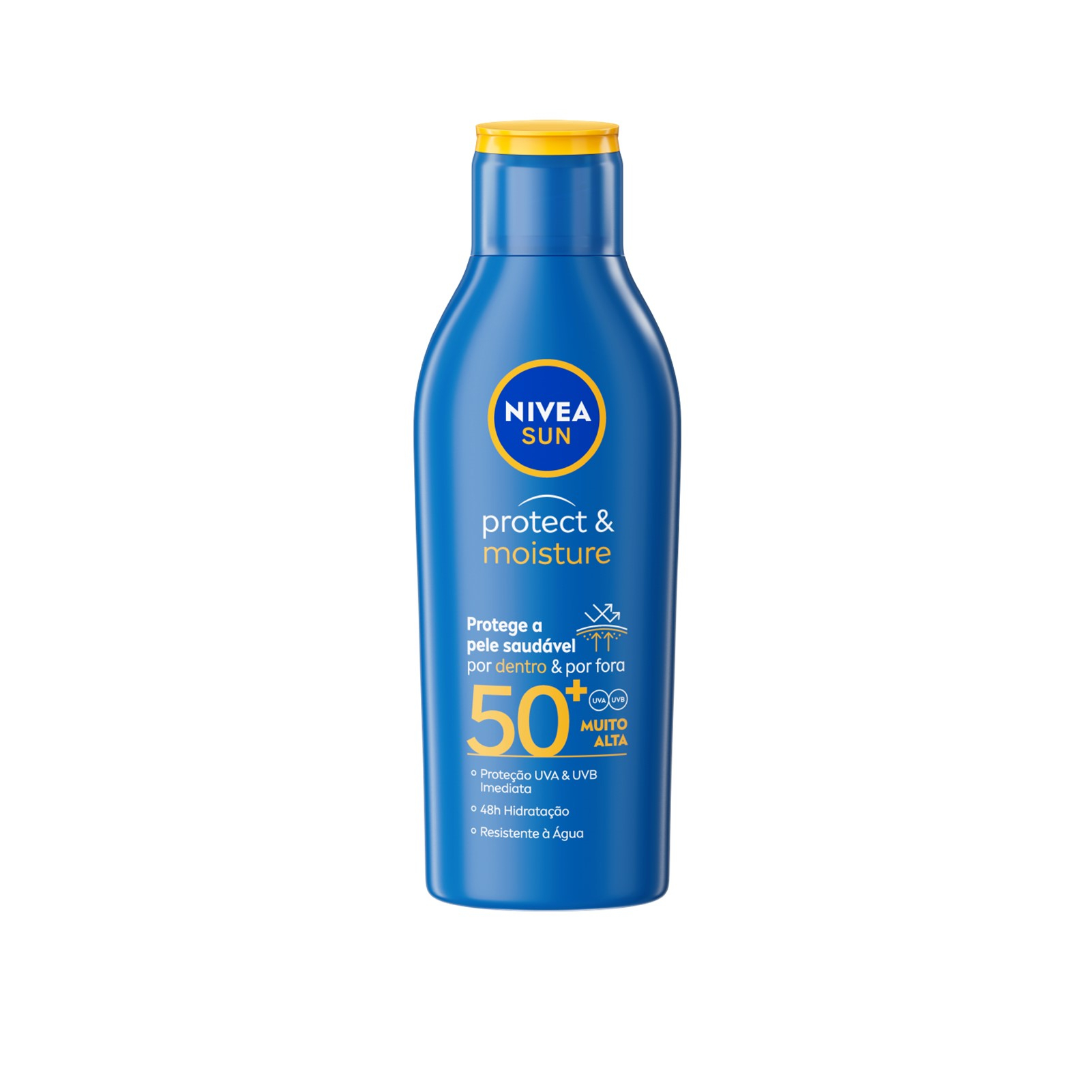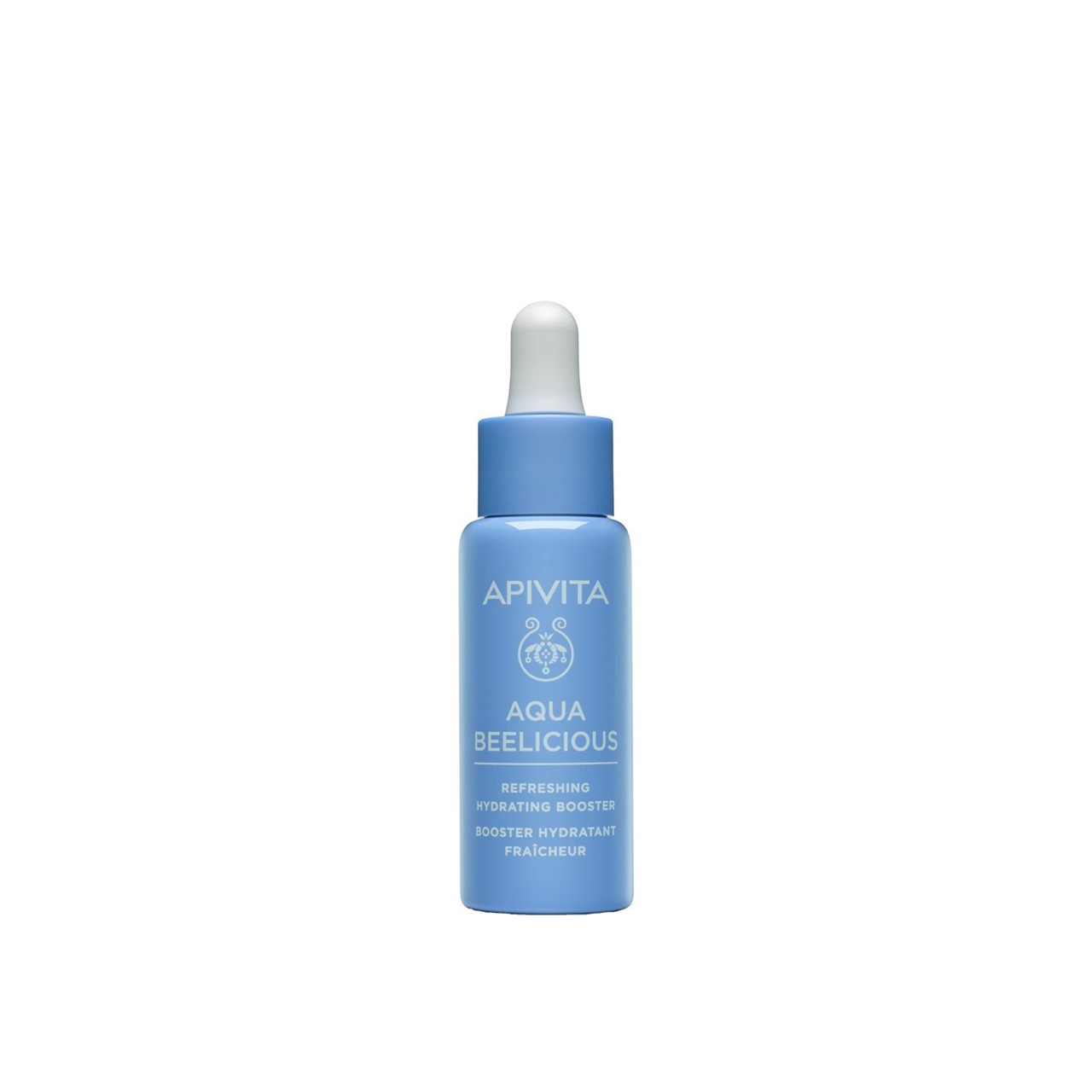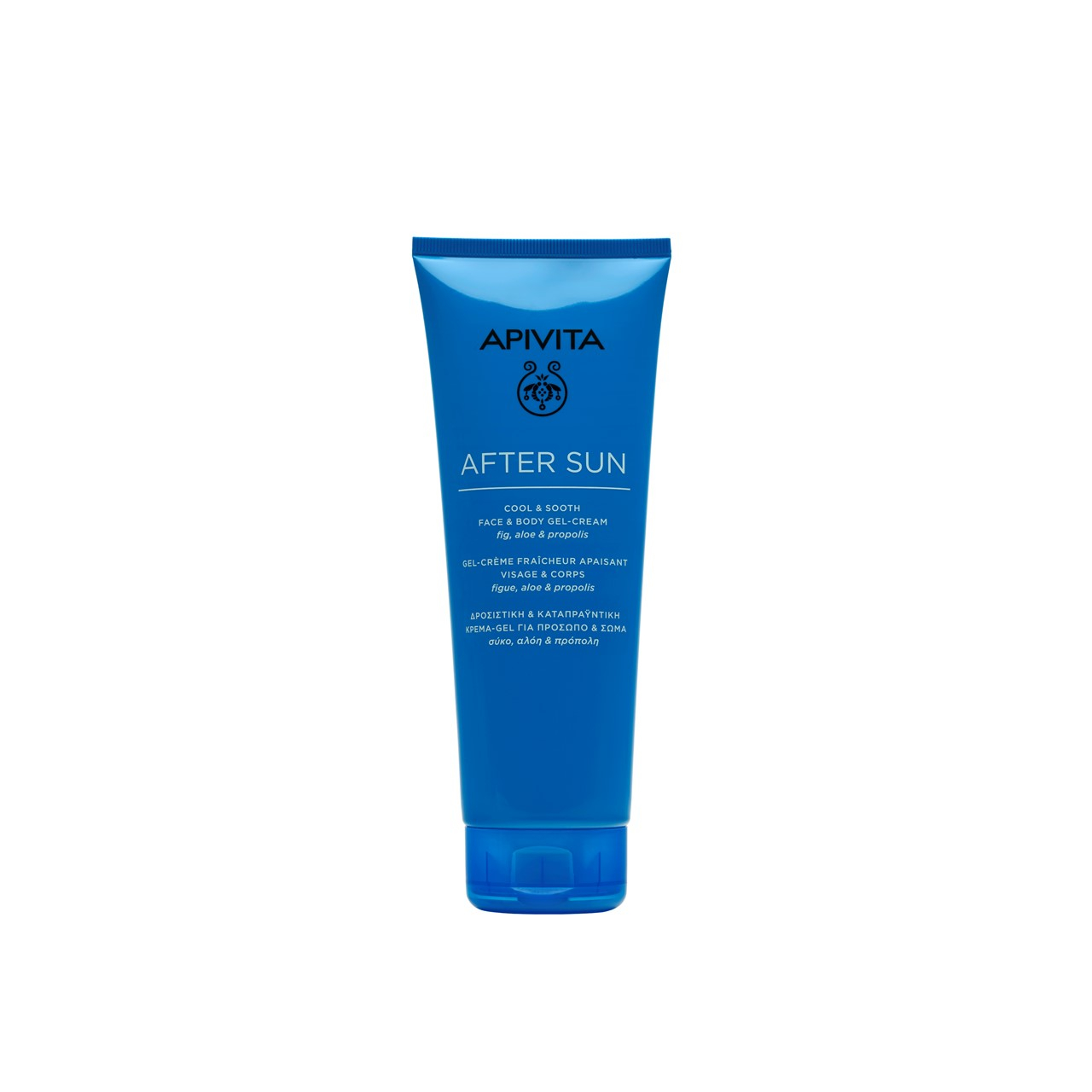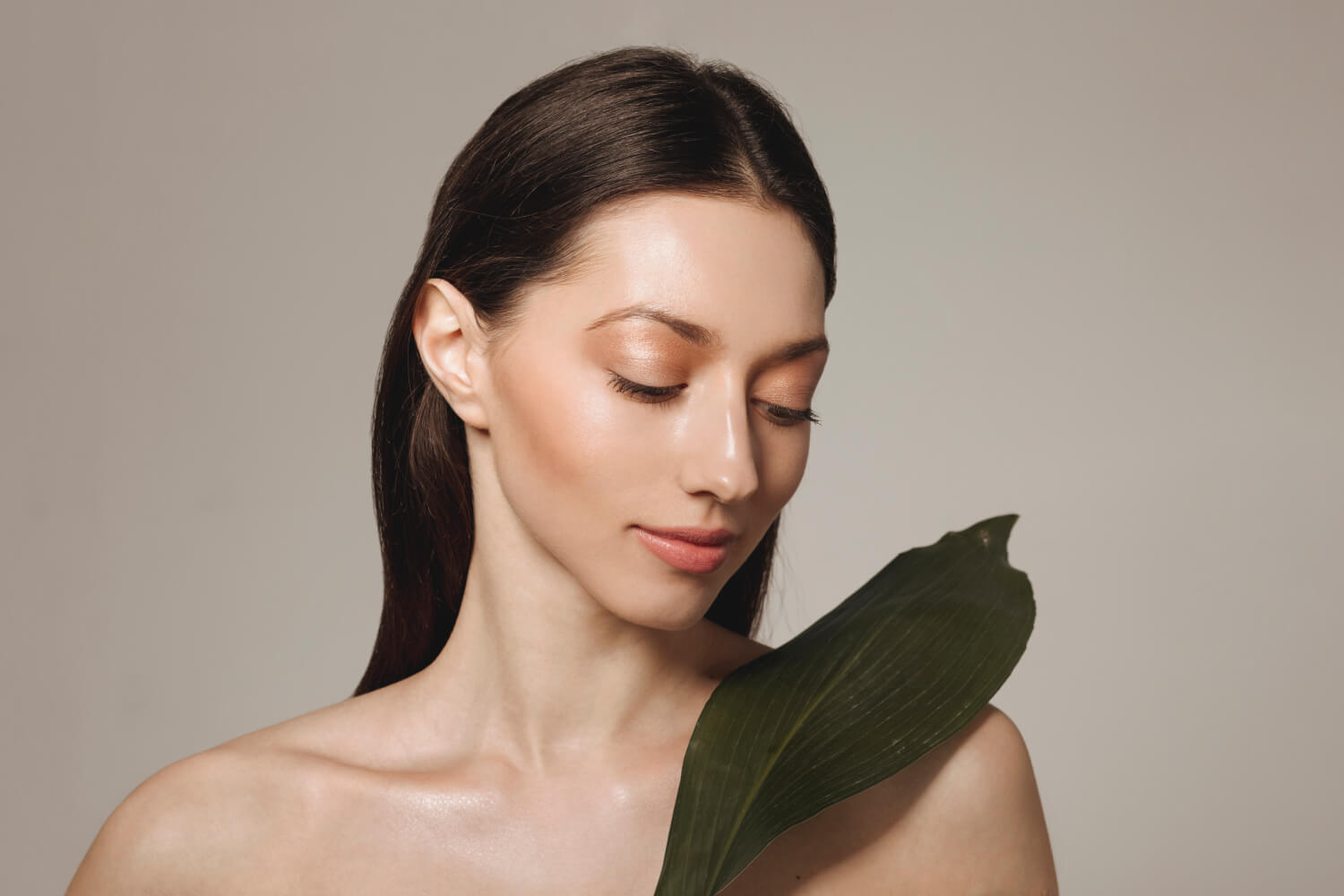
Environmental concerns are growing more and more pressing each day and, as a beauty retailer, Care to Beauty wants to be part of the change. We’ve been transforming our practices and choices, in an invested attempt to reduce our impact as much as possible. At the same time, we’re closely following the efforts of the brands we work with! We’re happy to share with you a list of eco-friendly beauty brands that align with your concerns for a sustainable future in beauty.
To define whether a brand is sustainable or not, we need to consider criteria such as the brand’s concerns regarding the sustainability of the headquarters, the source of the ingredients, biodegradable formulas, sustainable packaging, relevant sustainability certifications, and concerns with ocean life. Below, you’ll find a list of brands that stand out when it comes to their sustainability practices!
A-Derma
A-Derma was founded in the 1970s, with the ambition to create safe and highly effective products that are recommended by dermatologists and highly appreciated by the brand consumers. This brand, part of the Pierre Fabre Group, provides skincare with minimal formulas to reduce the possibility of allergies and answer the specific needs of the most sensitive and atopic skin.
- Sustainable headquarters and practices
- Sustainable packaging
- Ocean safe sunscreen
- Sustainably sourced ingredients
- Biodegradable formulas
- The A-Derma Biology range is certified COSMOS ORGANIC
1. Sustainable headquarters and practices
The Pierre Fabre group (which includes A-Derma, Avène, Ducray, Klorane, and René Furterer) uses biomass heaters that feed from incineration of residue from medicinal plants together with solar panels to produce 80% of all necessary energy. Furthermore, upon realizing that travel and transportation of goods made up a large portion of its carbon footprint, the group began combining deliveries in order to make fewer trips, which represented a savings of more than 10.000 miles of travel. Likewise, the group has created a car-pooling site for employees in France and routinely encourages staff to travel in larger groups, thus saving on fuel.
2. Sustainable packaging
A-Derma uses environmentally friendly packaging made from 100% sustainable cardboard and 100% vegetable ink. Every package is free of PVC as well as phthalates. Moreover, the A-Derma brand no longer includes leaflets with the vast majority of its products; instead, the instructions of use are on the inside of the cardboard boxes.
3. Ocean safe sunscreen
The A-Derma brand uses minimal formulas with just 4 solar filters. Each A-Derma filter was evaluated by the Banyuls-sur-Mer Oceanological Observatory, an independent laboratory that has demonstrated that A-Derma Protect filters do not impact any species of coral or phytoplankton. These sunscreens minimize the impact on marine habitats, which means they are biodegradable and difficult to assimilate by marine organisms.
4. Sustainably sourced ingredients
A-Derma focuses on the properties of the special oat Avena Rhealba® and cultivates this key ingredient in the south of France. This Terre d’Avoine, which is known worldwide for its kind approach to agriculture, is 100% biologically cultivated, with no fertilizers, chemical pesticides, or GMOs. This idyllic location is also home to over 30 species of birds, as well as butterflies and bees, not to mention a variety of rare botanical species that are only ever found in spots of eco-agriculture.
5. Biodegradable formulas
All A-Derma hygiene products (the formulas that require rinsing upon use) are biodegradable, except from the A-Derma Dermatological Soothing Cleansing Bar Fragance-Free.
Avène
French brand Avène, from the small, quiet village of south of France, offers cosmetic solutions especially suitable for the most sensitive and intolerant skin. Featuring thermal spring water with soothing and anti-irritating properties unique in the world, Avène products are gentle and validated through rigorous testing under high dermatological control.
- Sustainable headquarters and practices
- Sustainable packaging
- Ocean safe sunscreen
- Sustainably sourced ingredients
- Biodegradable formulas
- Certified ISO 14001
1. Sustainable headquarters and practices
The brand’s headquarters run on 100% renewable energy, with 98% of its waste being reduced. How impressive is that? Equally important, the Avène production plant has been reducing its water consumption since 2012.
Transportation practices have been improving year after year, with the implementation of optimized practices of distribution since 2015. Actually, between 2015 and 2019, 30% fewer lorries are used between the factory and the distribution center, with the ultimate goal of achieving 50% less air transport in the near future.
Avène is also certified ISO 140001. As an internationally recognized standard, ISO 14001 provides companies with a framework to create and implement an environmental management system. In short, this standard delivers a structured approach that leads to achieving ambitious environmental goals, encompassing sustainability measures such as resource usage and waste management.
2. Sustainable packaging
Avène is using fewer and fewer resources to produce its bottles. The brand has reduced the weight of its 200ml bottles by 5g and 125ml bottles by 3g. Equally important, 93% of the packaging is recyclable, and the brand has the ambitious goal of offering 100% recyclable or reusable packaging by 2025. As for the paper and cardboard used, 100% is sourced from sustainably managed forests.
3. Ocean safe sunscreen
Avène partenered with PUR PROJET in a program to promote coral regeneration in Indonesia. Since committing to the dual challenge of offering optimal UVB-UVA protection while minimizing environmental impact, Avéne has reformulated its sunscreens to consist of minimal, 4-filter formulas. Likewise, Avène has removed all water-soluble sun filters from its products since these are more easily assimilated by marine wildlife. 27% of coral reefs have been lost over the last 30 years, and it’s likely that 60% of the surviving ones will be destroyed over the next 60 years. For this reason, Avène is not only developing more sustainable sunscreen products, as we’ve seen, but also supporting initiatives to create and restore coral reefs, develop sustainable coral culture, and involve local populations in the cause.
4. Sustainably sourced ingredients
Being the Avène thermal spring water the soul of the brand, the main efforts go to preserve its source, and, of course, the ecosystem that makes it so special. Avène‘s Water Research Center has an observation, analysis, and information function of the Avène thermal spring water and its basin. Protecting the source and the Avène impluvium is essential to keep the formation of the water, preserving the soils, the forests, and the water resources of the area. Since 2018, the brand has been seeking the expertise and recommendations of the National Forestry Organisation, a local organization that helps to maintain a sustainable management of the forest park.
5. Biodegradable formulas
90% of Avène‘s rinse-off formulas are biodegradable. The biodegradability of all sunscreen formulas is also being improved (partly through the elimination of silicone), to ensure that, should the products seep into the ocean, they will disintegrate easily without damaging the ecosystem.
Mustela
With a rich history that dates back to 1950, Mustela is an iconic name in baby skin care. Featuring gentle formulas, Mustela anticipates the needs of parents, helping them care for their babies and children with the best formulas all the while caring for the environment.
- Sustainable headquarters and practices
- Sustainable packaging
- Ocean safe sunscreen
- Sustainably sourced ingredients
- Biodegradable formulas
- Certified B Corp, COSMOS ORGANIC, and ISO14001
1. Sustainable headquarters and practices
Mustela has been using 100% renewable energy in its manufacturing site since January 2018. Equally important, since 2020 Mustela has reduced the consumption of electricity by 19,4%, gas by 24,6 and water by 13,2%. And we know that reducing emissions is always the most effective way of mitigating one’s environmental impact!
Worth mentioning is the commitment of the brand to achieve carbon neutrality by 2030, which is twenty years ahead of the 2050 date set by the Paris Agreement.
2. Sustainable packaging
Mustela makes every single one of its bottles and boxes recyclable. 100% of the cardboard comes from sustainable forests, and the inks used on the packaging are 100% vegetable. Moreover, the brand has made efforts to reduce the amount of material (both cardboard and plastic) that goes into making its packaging, resulting in a reduction of 120 tons of plastic and 65 tons of cardboard since 2010.
3. Ocean safe sunscreen
Mustela chose to stick to UV filters that are in compliance with Hawaii State’s coral conservation bill. That means that Mustela sunscreen formulas does not contain oxybenzone and octinoxate, two sun filters which have been under scrutiny for their potential impact on coral reefs.
4. Sustainably sourced ingredients
Mustela focuses on using natural ingredients, with limited use of pesticides. Most importantly, the brand sources its plant ingredients with biodiversity and people in mind.
5. Biodegradable formulas
Mustela cleansing formulas are all biodegradable, helping to keep water pollution to a minimum.
Klorane
Hair and skincare brand Klorane has been, since 1965, creating botanical and eco-friendly beauty products that follow a simple concept: one concern, one plant, one benefit.
- Sustainable headquarters and practices
- Sustainable packaging
- Sustainably sourced ingredients
- Biodegradable formulas
- Certified ISO 14001
1. Sustainable headquarters and practices
Also ISO 14001 certified, Klorane products are developed and produced in a factory that limits the environmental impact during the manufacturing phase. The key step is the biomass boiler, which processes plant waste into energy, reducing carbon footprint by 1,600 tonnes of CO2 per year. But there’s more to it: the biomass boiler supplies the entire factory with hot water—actively contributing to running the operation with 80% renewable energy.
2. Sustainable packaging
When it comes to packaging, saving materials or incorporating recycled materials is key for all new products. That’s why the brand doesn’t include product leaflets anymore. The cardboxes and inserts are made from cardboard sourced from sustainably managed forests, and secondary packaging is avoided when possible.
In order to avoid single-use products when there are other alternatives, the brand decided to stop producing face and eye makeup removal wipes from the skincare range.
3. Sustainably sourced ingredients
The Pierre Fabre group, through the Klorane Botanical Foundation, supports a myriad of conservation, plantation, exploration, and education initiatives around the world. The most impressive of these is the Great Green Wall project, an African-led movement with the epic ambition to grow an 8,000km strip of forest across the entire width of the continent, to halt desertification. Once complete, the Great Green Wall will be the largest living structure on the planet, 3 times the size of the Great Barrier Reef.
Klorane controls all stages of the manufacturing of its products to ensure quality and tolerance remain consistent from batch to batch. This eco-friendly beauty brand also aims to protect biodiversity with a policy of sustainable development of 212 plants and 410 plant extracts.
4. Biodegradable formulas
Klorane has been making its rinse-off products biodegradable since 2012. This eco-friendly beauty brand also makes a full range of products for babies where all the cleansers are biodegradable;
ISDIN
ISDIN has over 40 years of experience in research and investigation, all to deliver a wide range of unique products that combine efficiency and maximum safety. Innovation is key, and the brand strives to deliver textures that can provide the users with a satisfying and interesting sensory experience. The skin treatment is the primary purpose of the brand, with the ultimate goal to achieve the balance between scientific rigor and sensoriality.
- Sustainable headquarters and practices
- Sustainable packaging
- Sustainably sourced ingredients
- Biodegradable formulas
- Certified B Corp
1. Sustainable headquarters and practices
ISDIN aims to achieve carbon neutrality by 2030, cutting emissions by 20%. But the most impressive note is that all waste generated in the facilities is being recovered to be a truly “0 waste” company.
Worth mentioning is how ISDIN selects its partners in business: the key suppliers have to comply with the highest certified ethical, social, and environmental standards.
2. Sustainable packaging
Being a certified B Corp, ISDIN has an ambitious agenda regarding the packaging. By 2030, more than 95% of the packaging will be eco-designed, using at least 25% of recycled material.
3. Sustainably sourced ingredients
More than environmentally certified, all raw materials will follow the highest social criteria.
4. Biodegradable formulas
All ISDIN Baby Naturals are more than 90% biodegradable. This number was calculated according to the OECD 301, a standard that analyses the level of biodegradability of cosmetic products.
Nivea
Often lauded as the brand that invented modern skincare in 1911, Nivea with the creation of the iconic Nivea Crème, the first stable oil-and-water-based cream in the world. More than 100 years later, Nivea is used by millions of people worldwide who trust this classic brand’s ability to care for any type of skin, with simple, affordable, and effective formulas. Nivea sees the fight against climate change as humankind’s most important environmental challenge. And we couldn’t agree more.
- Sustainable headquarters and practices
- Sustainable packaging
- Ocean safe sunscreen
- Sustainably sourced ingredients
- Biodegradable formulas
- Certified B Corp
1. Sustainable headquarters and practices
In order to claim to have sustainable practices, Nivea considers not only their emissions on the production sites but also the indirect emissions associated with the overall value chain such as the ingredients and packaging materials. Considering the entire value chain, the ultimate goal is to reduce the overall emissions by 30% in 2025. In 2030, Nivea will achieve climate-neutral operations!
2. Sustainable packaging
Nivea has been increasingly using recycled materials on the packaging. The goal? In 2025, Nivea aims for 100% recyclable, compostable or reusable materials.
3. Ocean safe sunscreen
Without compromising the effective protection against sun radiation, Nivea offer waterproof sunscreen formulas. Extra resistant when in contact with water, these formulas reduce the amount of sunscreen that gets left in the ocean.
4. Sustainably sourced ingredients
To have a sustainable product—and ultimately a sustainable brand—you need a chain of sustainable practices, including how ingredients are sourced. With Nivea, you can trust to find 100% of palm (kernel) oil used to be sustainable. By 2025, all main raw materials(e.g. soya, paper) will be deforestation-free to protect the planet’s biodiversity and climate.
5. Biodegradable formulas
The Nivea Sun Protect & Moisture is all biodegradable, so you can trust that you’re not compromising the water when using your products.
APIVITA
Greek brand APIVITA has offered natural, effective, and holistic skincare products since 1979. Featuring botanicals and bee products, as well as a holistic approach toward health and beauty, this is a true example of an eco-friendly beauty brand!
- Sustainable headquarters and practices
- Sustainable packaging
- Ocean safe sunscreen
- Sustainably sourced ingredients
- Biodegradable formulas
- Certified B Corp, member of 1% for the Planet
1. Sustainable headquarters and practices
Featuring bioclimatic headquarters, in Greece, APIVITA proves to care for the environment. The building resembles a beehive, gathering all company activities in the same place. Here are some numbers, provided directly by the brand, that show the true impact of these decisions:
- 100% consumption of green energy (from renewable sources);
- 4% reduction in energy consumption from 2018 to 2019;
- 11% reduction in water consumption from 2018 to 2019;
- Rainwater collection and re-use;
- Zero waste production from the brand’s extractions, thanks to the generation of compost;
- 46% of their corporate fleet uses hybrid technology.
2. Sustainable packaging
Are you ready for some impressive statistics? APIVITA doesn’t hold back when it comes to sustainable packaging. 100% of the paper used is FSC-certified and does not contain chlorine or heavy metals. Equally important, the brand uses recycled paper and avoids laminated options. In the last 5 years, APIVITA reduced the weight of the carton boxes by 30%. 92% of the brand’s packs are recyclable while 50% of the plastic bottles are recycled. Last but not least, the promotional pouches are made from recycled bottles!
3. Ocean safe sunscreen
The sunscreen products are made with biodegradable ingredients, featuring a minimalist combination of 4 high performance sun filters all packed in responsible packaging.
4. Sustainably sourced ingredients
APIVITA selects business partners considering primarily their adoption and implementation of sustainable and responsible practices. APIVITA is able to do so by prioritizing local alliances with regional producers and beekeepers, verifying that their cultivations and harvests meet the high standards when it comes to sustainable agriculture, with the lowest possible carbon footprint.
5. Biodegradable formulas
The brand focuses on using the best ingredients for the environment, and biodegradable ingredients are always prioritized.
Would you like to know more about sustainability in cosmetics? Then take a look at our posts and learn more!
Professional Makeup Artist & Beauty Writer

